The Personal Piety of Jonathan Edwards, part 2
Part one can be read here.
The principal means by which Jonathan Edwards expressed the “true and gracious longings after holiness” of which he spoke in Religious Affections was through the practice of the spiritual disciplines he found in Scripture. Edwards’s God, he believed, was self-revealed in the Bible, and that “the Scriptures are the word and work of a divine mind.” Thus the Bible was the centerpiece of his devotional piety.
But Edwards did not merely read Scripture, rather he meditated on and prayerfully studied it by the hour. This is plainly evidenced by the abundant fruit of these practices represented in the works cited previously. Throughout his life, the Bible was the supreme means by which Edwards sought to know and experience God and to pursue conformity to the person and work of Jesus Christ.
Edwards’s devotional meditation on Scripture was inevitably intermingled with prayer, especially in the late afternoon when it was his habit to “walk for divine contemplation and prayer.” But Edwards also prayed alone in his study, as well as with his children and with Sarah, as noted in the previous post. He did the same with church members who came seeking his counsel or with young ministers living as interns in his home. Samuel Hopkins, an early biographer of Edwards who was one of those pastoral interns, indicates that sometimes Edwards devoted entire days to prayer.
Next to a hunger for the Bible, Edwards believed that the most important indicator of a person’s relationship to God or, conversely, the absence thereof, was prayer. This is revealed in his sermon, “Hypocrites Deficient in the Duty of Prayer.” In Edwards’s personal piety, prayer was planned, but it was also informal; it was scheduled, yet it was also spontaneous—all on a daily basis. In terms of method, Edwards spoke of prayer mostly as propositional communication, that is, addressing God with rational thought.
Beyond the essential elements of meditation on Scripture and prayer, Edwards’s piety was frequently characterized by worshipful song. Especially when walking alone late in the day he found that “it always seemed natural . . . to sing or chant forth my meditations.”
Much of Edwards’ devotional life was somehow connected with writing. Whether in his “Diary,” “Miscellanies,” “Notes on Scripture,” or “Blank Bible,” Edwards frequently recorded insights that occurred to him as he meditated on Scripture, creation, or God’s providence. Today such practices would sometimes be designated a type of “journaling.”
Another aspect of Edwards’s devotional piety was fasting, that is, abstaining from one or more meals for spiritual purposes. Hopkins observed that Edwards frequently fasted, and Edwards himself wrote, “fasting is a part of Christian worship.” Occasionally he declared “fast days” for the Northampton congregation.
All the aforementioned disciplines practiced by Edwards—reading and meditating on Scripture, praying, worshipful singing, spiritual diary and devotional writing, and fasting—occurred in the context of his discipline of God-focused solitude. It may be that Edwards’s pastoral ministry suffered due to his preference for solitude, nevertheless he steadfastly maintained, “It is the nature of true grace, that however it loves Christian society in its place, yet it in a peculiar manner delights in retirement, and secret converse with God.”
Though little has been written of it, Edwards’ devotional piety extended to his immediate family. As previously mentioned, he read Scripture with his wife and children each morning and prayed with them more than once daily. By this means he practiced in his home what he preached from his pulpit: “A Christian family is as it were a little church.”
Edwards was persuaded that God had most clearly revealed himself—his nature, attributes, and will—in Scripture, and that to know God in an increasingly intimate way necessitated a biblically-saturated piety. He never appeared to question the methods of spirituality located in the biblical text, nor did he seem to find them unsatisfying or ineffective in his pursuit of God. To be sure, he did not limit his encounters with God’s presence to the pages of the Bible, for Edwards constantly looked to see and savor the revelation of God in creation as per Romans 1:20. And yet, as often and as deeply as he rejoiced in the glory of God in creation, Edwards never allowed this to take precedence in his piety over the specific revelation of God found in Scripture.
Edwards’s piety was a manifestation of his view that this life should be lived in preparation for eternity. He believed passionately in the existence of heaven and hell as taught in the Bible, that true and everlasting joy was found only in the presence of God in heaven, and that life on earth should be spent in the pursuit of and preparation for happiness in the coming world. For Edwards, the primary means of experiencing God in this life, and the wisest way to use his time, and the best method of preparing for eternity was to devote as much time as possible to biblical piety.
Original artwork by Caffy Whitney
For more about Jonathan Edwards and his spirituality:
A God-Entranced Vision of All Things—The Legacy of Jonathan Edwards, edited by John Piper and Justin Taylor. Don’s contribution to this book is the chapter on “Pursuing a Passion for God Through Spiritual Disciplines: Learning from Jonathan Edwards.”
Finding God in Solitude: The Personal Piety of Jonathan Edwards (1703-1758) and It’s Influence on His Pastoral Ministry. This is a popularization of Don’s Ph.D. dissertation. It is so expensive because it was published by an academic press and with a small print run.
__________________
[1] Namely his “Diary,” “Miscellanies,” and “Notes on Scripture.” We can also conjecture about Edwards’s own devotional habits from the commendation he gives to the missionary’s piety in The Life of David Brainerd, the counsel provided in his letter to Deborah Hatheway, the content of various sermons, the notes in his “Blank Bible,” and especially from the testimony in his Personal Narrative—the single best autobiographical resource on Edwards’s piety.
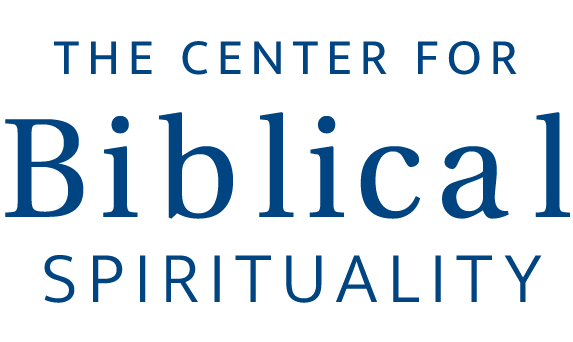
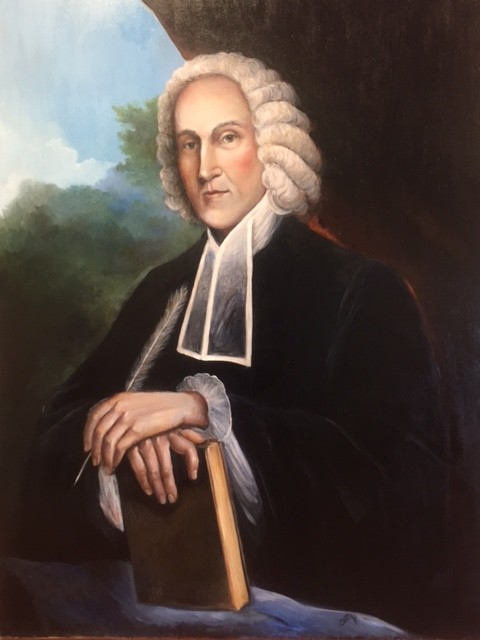
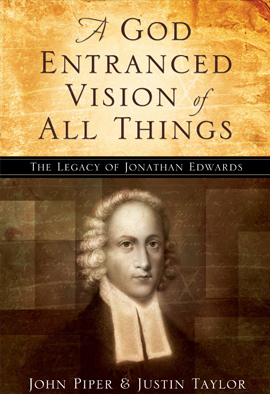
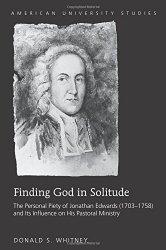
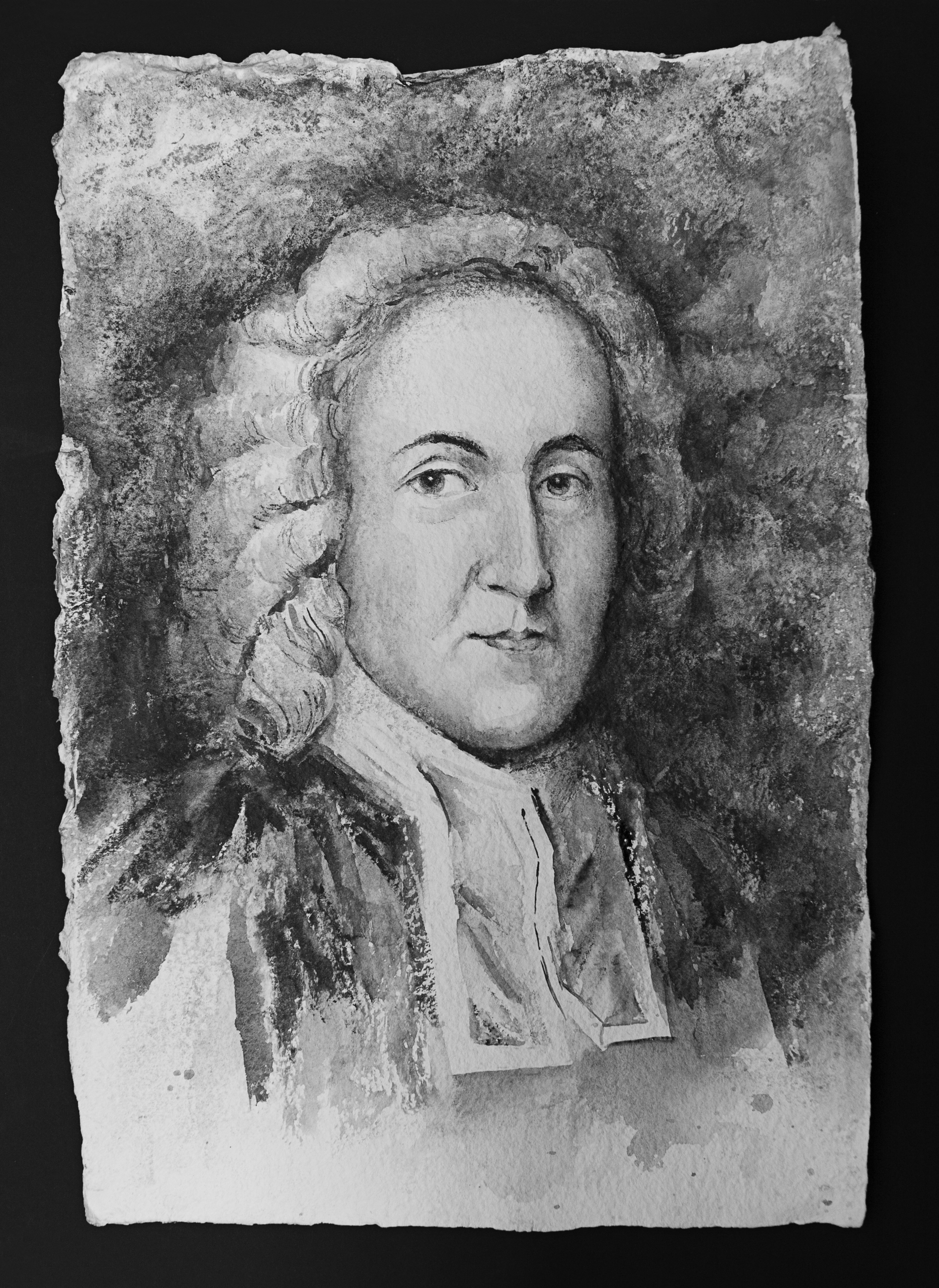

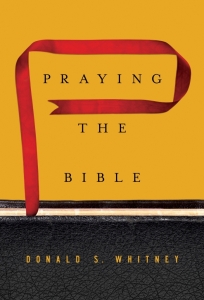
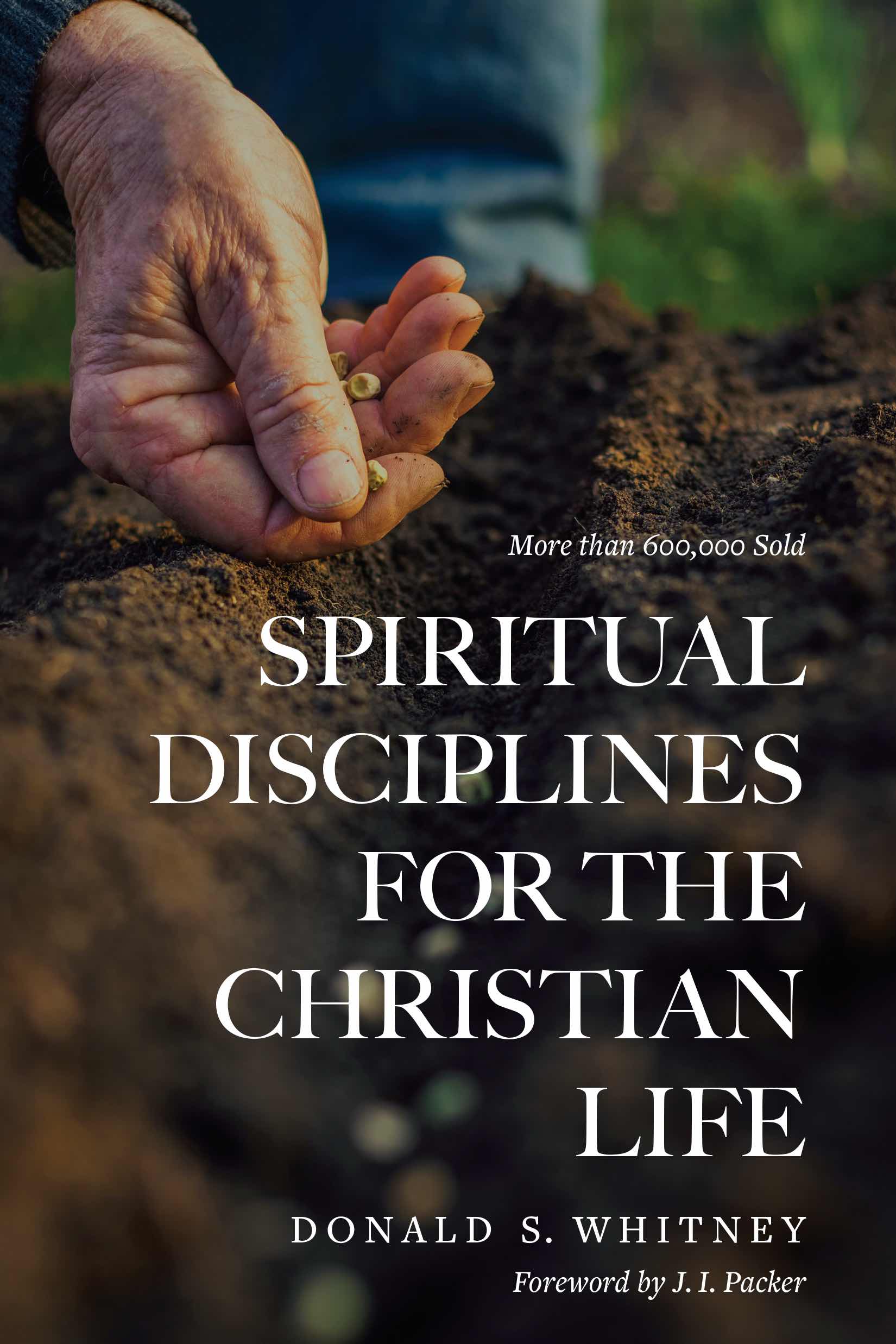
Trackbacks & Pingbacks
[…] The Personal Piety of Jonathan Edwards Pt 1 (Link) The Personal Piety of Jonathan Edwards Pt 2 (Link) “Hypocrites Deficient in the Duty of Prayer” […]
[…] ⇒ The Personal Piety of Jonathan Edwards (part 2) […]
Leave a Reply
Want to join the discussion?Feel free to contribute!